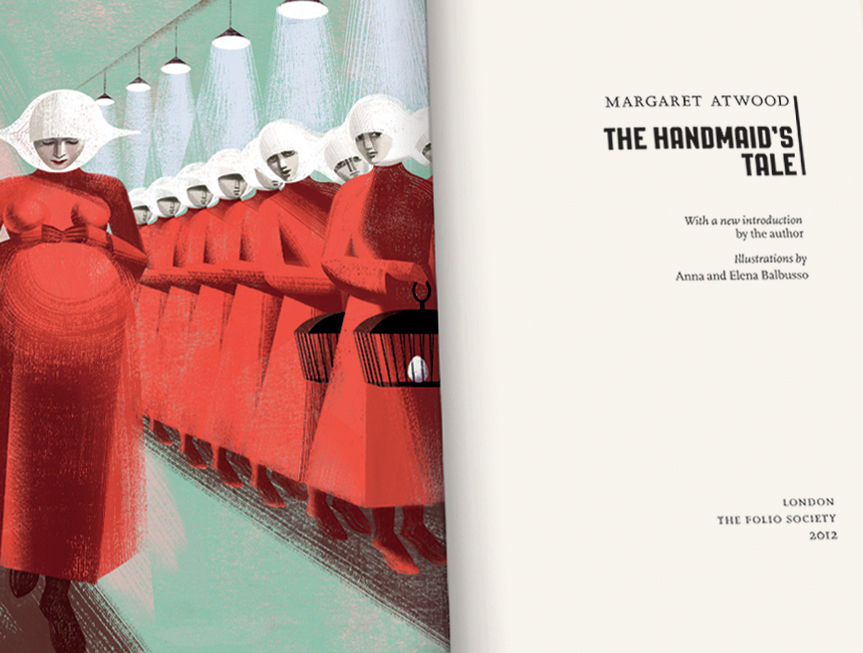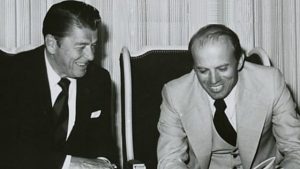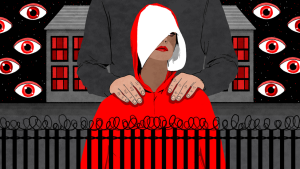Last term, A level English Literature students were privileged enough to receive a talk from Sociology teacher Nicole, on the feminist rights movements of the 1960s to 1980s. The vast knowledge which she imparted to us was invaluable in our further understanding and research of the novel we are studying – ‘The Handmaid’s Tale’. In particular, we learnt some of the American history behind what influenced Margaret Atwood’s dystopian novel, such as the Second feminist wave of 60s and 70s, and the anti-feminist movement of the 80s.
During the second feminist wave, society was patriarchal, and women were dissatisfied with their traditional gender roles as housewives and mothers. Despite men being unwilling to change their behaviour, significant legal changes came to fruition, such as the 1963 Equal Pay Act, 1964 Civil Rights Act, and the legalisation of abortion in 1972.
However, during the 1980s, when Ronald Reagan came into Presidency until 1989, his anti-tax, anti-communist and anti-government ideologies were very much present, and the founding of ‘The Moral Majority’ – a fundamentalist Christian organisation, voted for Reagan almost entirely based on the prospect of opposition to women’s rights. They fought to remove gender equality in education, also pushing for motherhood and household roles to be taught as careers instead. Nevertheless, most Americans didn’t share the same attitudes and The Moral Majority lost its influence in the late 80s.
A point I found particularly interesting, which Nicole pointed out, was The Moral Majority’s favouring of the death penalty. They believed in this based on their reading of the Bible, which is similar to the way in which Atwood portrays Gilead, in using religion and the words of the Bible to oppress the Handmaids. Atwood shows Gilead as having a theocratic government, maybe showing her criticism of ‘The Moral Majority’.
‘The Handmaid’s Tale’ clearly reflects some of the background to Atwood’s life, as she shows her perspective on the treatment of women throughout the 60s to 80s in her creation of the dystopian future of Gilead.
On behalf of all the A2 English students, thank you Nicole for such an informative and thorough glimpse into American politics and society.
By Imaan Rashid






